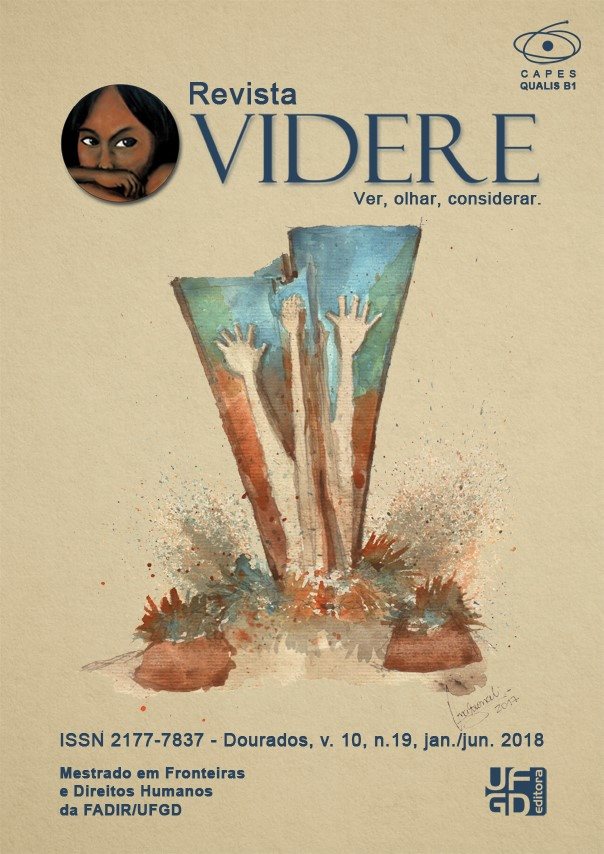A historicidade dos Direitos Humanos e os pensamentos de Bobbio e Arendt na construção do Direito ao Trabalho e ao Lazer
DOI:
https://doi.org/10.30612/videre.v10i19.6666Keywords:
Direito ao lazer. Direito do trabalho. Direitos Humanos. Historicidade. Trabalhador.Abstract
A partir das premissas apontadas por Norberto Bobbio em sua obra “A Era dos Direitos” e por Hannah Arendt, em sua obra “A condição Humana”, verifica-se a historicidade dos Direitos Humanos e sua influência no ordenamento jurídico brasileiro, particularmente na Constituição Federal de 1988 e na construção teórica, positivação e efetividade do direito do trabalho e do direito ao lazer do trabalhador. Neste sentido, o enfoque principal está na historicidade dos Direitos Humanos defendida por Bobbio e na importância do direito ao trabalho e ao lazer destacado por Hannah Arendt.”. Também recebe destaque neste trabalho as Cartas Encíclicas Pacem in Terris e Rerum Novarum, que figuram como elemento importante na historicidade dos Direitos Humanos, inclusive na construção do Direito do trabalho.Downloads
Downloads
Published
How to Cite
Issue
Section
License
Authors must accept the publication rules when submitting the journal, as well as agree to the following terms:
(a) The Editorial Board reserves the right to make changes to the Portuguese language in the originals to maintain the cultured standard of the language, while respecting the style of the authors.
(b) Authors retain the copyright and grant the journal the right to first publication, with the work simultaneously licensed under the Attribution-NonCommercial-ShareAlike 3.0 Brazil (CC BY-NC-SA 3.0 BR) that allows: Share - copy and redistribute the material in any medium or format and Adapt - remix, transform, and create from the material. CC BY-NC-SA 3.0 BR considers the following terms:
- Attribution - You must give the appropriate credit, provide a link to the license and indicate whether changes have been made. You must do so under any reasonable circumstances, but in no way that would suggest that the licensor supports you or your use.
- NonCommercial - You may not use the material for commercial purposes.
- Sharing - If you remix, transform, or create from material, you must distribute your contributions under the same license as the original.
- No additional restrictions - You may not apply legal terms or technological measures that legally restrict others from doing anything that the license permits.
(c) After publication, authors are allowed and encouraged to publish and distribute their work online - in institutional repositories, personal page, social network or other scientific dissemination sites, as long as the publication is not for commercial purposes.



















